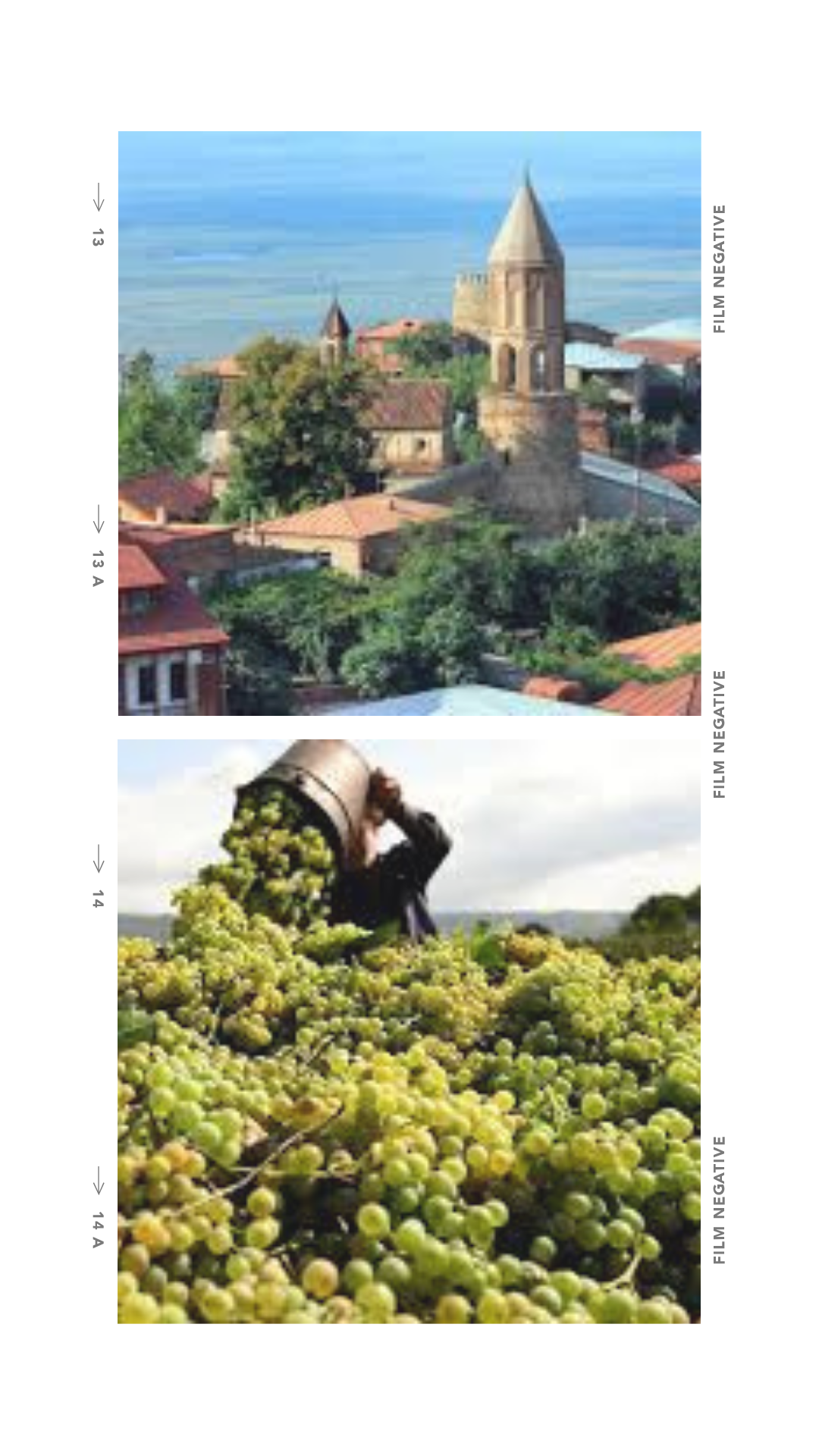Nestled among Kakheti’s vineyards and Tbilisi’s age-old streets, Georgia is crafting a narrative perhaps even richer than its famous qvevri wines. Galt & Taggart, the investment firm, now projects that tourism revenue could hit $4.6 billion by 2025, a slight increase from its prior estimate of $4.5 billion. This celebrates a sector that’s not just recovering but really shaping the country’s future economy.
With impressive data from the year’s first nine months, this boost confirms tourism’s role as a powerful engine, attracting foreign investment, creating jobs, and fostering growth that has Georgia doing better than many other countries.
The update, found in Galt & Taggart’s most recent Weekly Investment Review, isn’t just a shot in the dark. It’s based on concrete progress: the National Bank of Georgia shows $3.6 billion in tourism money came in from January to September, marking a 5.1 percent rise year-over-year. The third quarter by itself brought in a dazzling $1.7 billion, up 6.6 percent compared to 2024, suggesting that tourists are choosing Georgia for summer and fall travel. “Based on the actual figures from the initial three quarters of 2025, we expect that tourism income will total $4.6 billion,” the report states, showing how strong demand is, despite some global uncertainty.
Georgia’s Tourism Is a Pillar of Prosperity
Tourism isn’t a minor part of Georgia’s economy; it’s central, supporting foreign currency reserves and providing job opportunities. Since the pandemic, the industry has thrived, with first-half 2025 earnings reaching a record $2 billion, a 3.8 percent increase from 2024, or even more impressive, a 35.4 percent jump over pre-COVID levels in 2019. There are many more direct flights from Europe now, serving both airlines and travellers, and smart marketing showcases Georgia’s mix of Soviet history, Silk Road influences, and Black Sea beaches.
This growth goes hand in hand with wider economic improvements. Georgia’s GDP grew substantially by 9.4 percent in 2024, making it one of the fastest-growing economies. Since 2000, per capita GDP has increased by 370 percent, with predictions from Batumi Projects suggesting it could climb by 500 percent by 2030. Galt & Taggart’s analysts foresee more variety in the future, with specialized tourism like eco-tours and cultural experiences, helping the sector to remain strong into 2026 and beyond. In a region with ongoing conflicts, Georgia’s focus on hospitality is paying off, bringing in reliable income that provides stability and highlights the country’s “peaceful future” goals.
Kakheti’s Wine Tourism Ferments a Luxury Legacy
Central to this success is Kakheti, the heart of Georgia in the southeast, and the main area for wine production, creating 75 percent of the nation’s wines. Formerly less known among wine enthusiasts, the area is now attracting high-end visitors seeking a unique and historical “wine experience.”
Wine tourism here is not just about basic tastings; it’s about exploring 8,000 years of history, from wines fermented in clay to exclusive wine cellars also acting as art galleries.
The progress is clear. Between 2020 and 2022, several new wine-focused hotels opened in Telavi, the main town in Kakheti, combining local charm with luxury services. There are about 20 high-quality properties planned nationwide for 2025-2028, turning quiet villages into attractive destinations. This development mirrors the increase in exports; in 2024, 95 million litres were exported, earning $276.1 million, with a 6 percent rise in volume and a 7 percent increase in income. New markets like the UAE (+80 percent), Turkey (+62 percent), and the UK (+42 percent) are embracing Georgian wines, even though Russia still consumes nearly two-thirds of the exports.
Wine production, Georgia’s second-biggest export sector (after mining), is closely linked to tourism, much like vines on a supporting frame. Visitors don’t just sample the wine; they become part of it, like going on vineyard walks. Perhaps by engaging in traditional winemaking classes or sharing stories of hardship amidst authentic culinary experiences. “Georgians have a strong sense of confidence regarding their viniculture,” is a common sentiment, and this devotion is seemingly proving successful, drawing an affluent demographic which may soon compete with the prestigious wineries of Bordeaux.
Source: Wine Tourism Review

